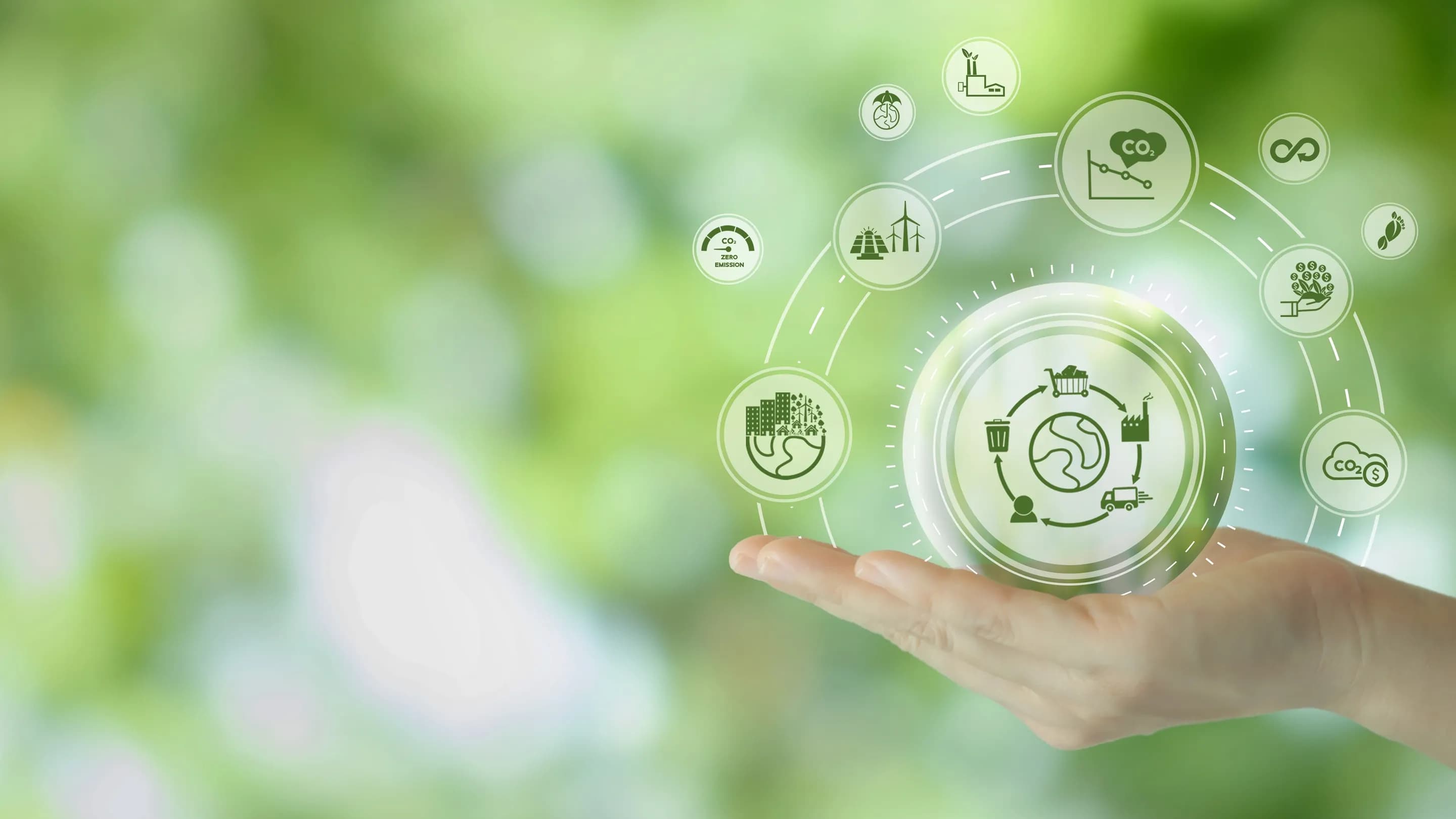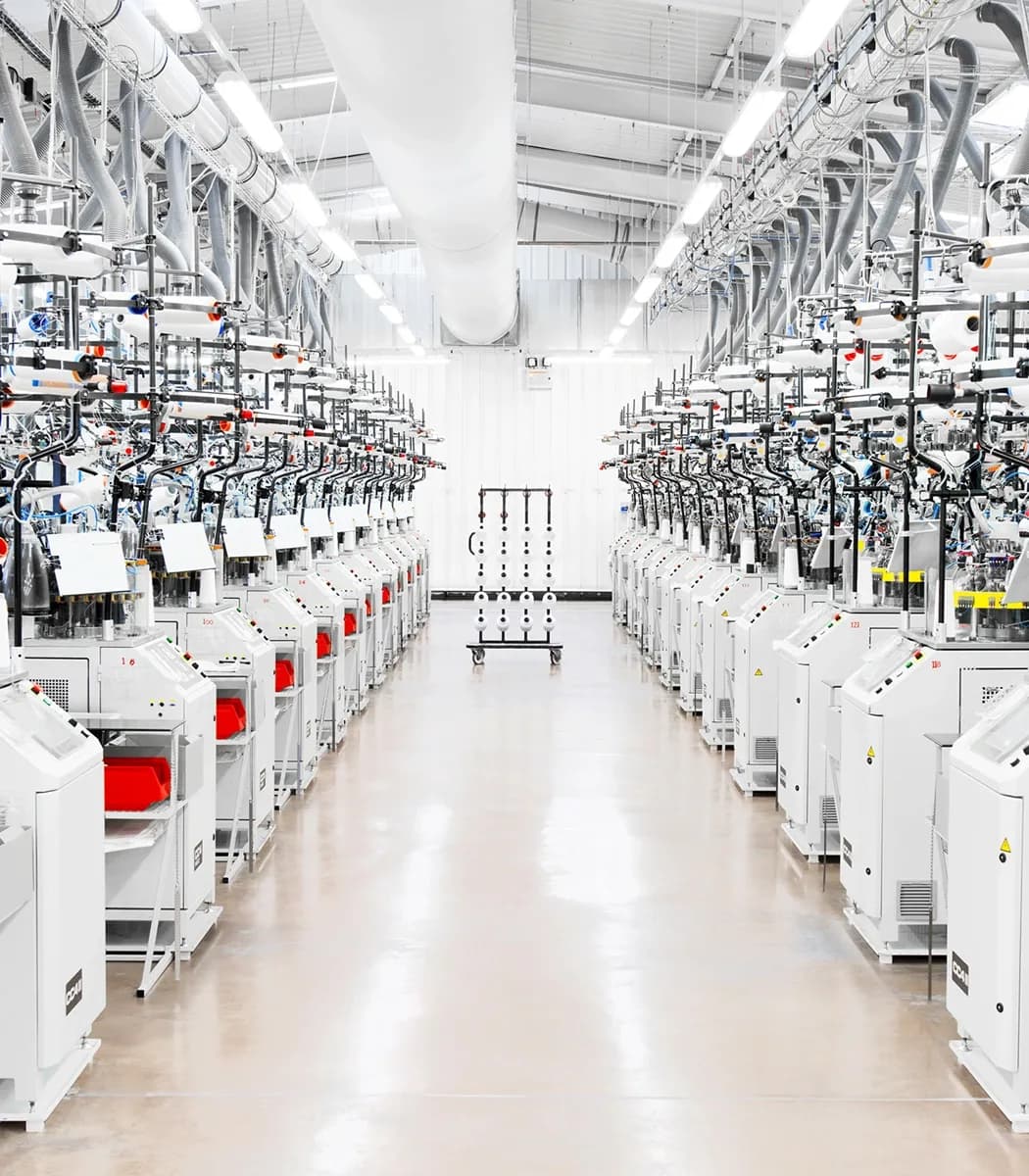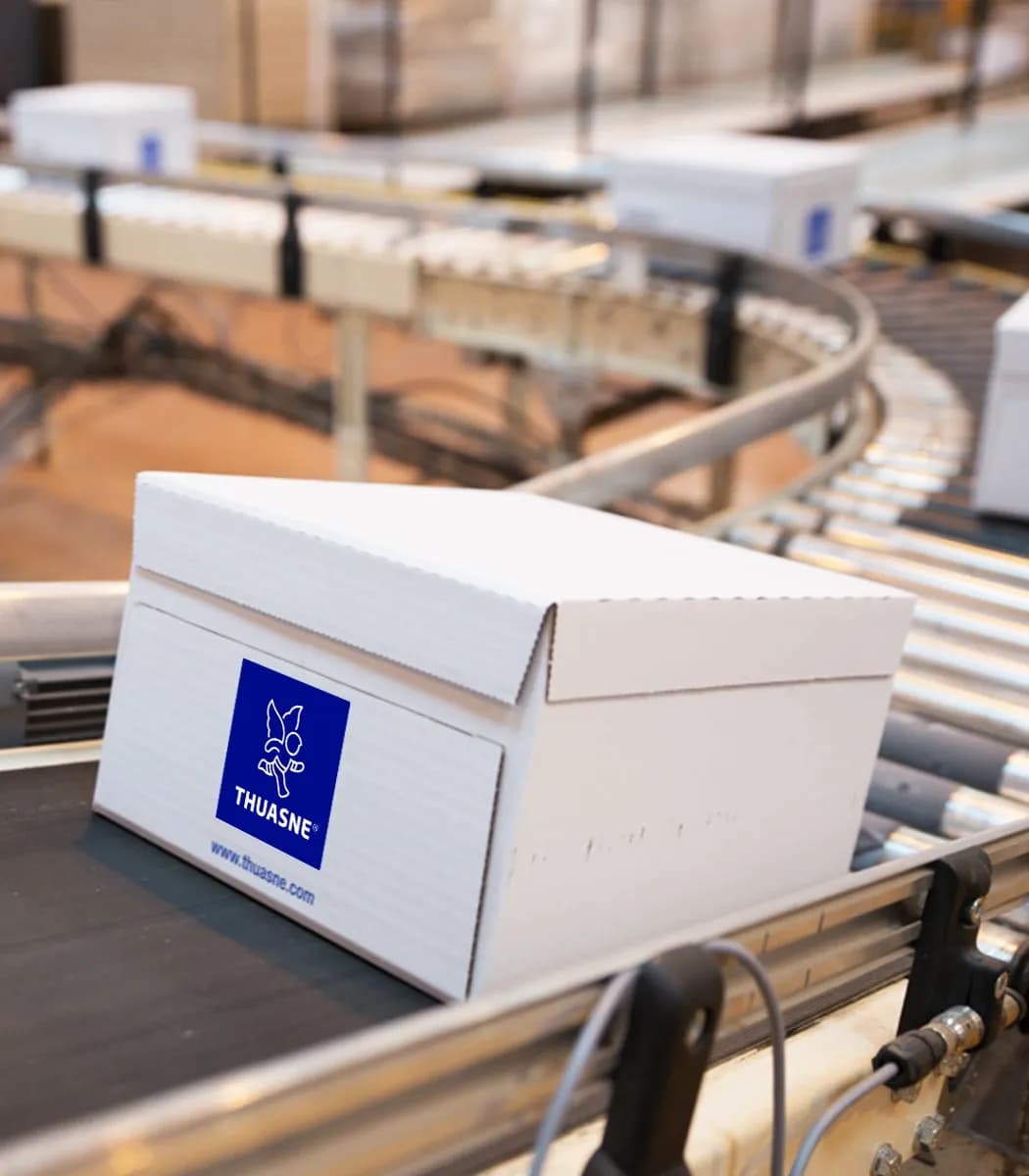Reducing our environmental footprint

Eco-designing products and packaging
Thuasne® is committed to adopting a rigorous eco-design approach to reduce the environmental impact of its solutions and preserve resources. This approach aims to optimize every stage of the product and packaging life cycle, from design to end of life.
Using environmental assessment tools in its development processes, the Group identifies and limits the main impacts of its products. In addition, Thuasne® actively collaborates with partners and competitiveness clusters in the textile industry (Techtera in France) on topics such as recycling and the circular economy.
The use of recycled, recyclable and sustainably sourced materials, along with the gradual elimination of plastics for packaging are one of its prime concerns. Thuasne® has already begun phasing them out for certain ranges and is working with an eco-organization to identify new possibilities.
These initiatives illustrate the desire to innovate while respecting the principles of sustainability and circularity.

Optimizing the environmental footprint of production sites
Thuasne® is implementing several initiatives to reduce the environmental impact of its production sites. This approach means optimizing water and energy consumption and waste management.
The actions taken since 2023 have reduced CO2 emissions linked to energy consumption by 4.5% in European industrial sites. The integration of renewable energy also contributes to decarbonising Group's activities. For example, 3,600 m² of photovoltaic panels were installed in Germany and Romania in 2024.

Reducing the impact of transport
Thuasne® implements targeted initiatives to reduce the environmental impact of upstream and downstream transport. The Group prioritizes local sourcing, optimizes the flow of goods, and works closely with its logistics partners to identify sustainable practices. This involves, for example, incorporating environmental criteria into logistics contracts, particularly for last-mile deliveries.
Thuasne® is committed to reducing the impact of business travel and decarbonizing its vehicle fleet for more environmentally friendly mobility. In France, 51% of vehicles are equipped with an electric or hybrid engine.

Our 2030 goals

Eco-design
- Integrate an environmental assessment for all product developments
- Achieve 100% recyclable packaging2
- Reduce total package weight by 20%3

Production
- Reduce CO2 emissions and energy consumption by 15%4
- Reduce water consumption and waste generation by 10%4
- Achieve 10% renewable energy

Transport
- Reduce CO2 emissions from business travel and car fleet by 10%4
- In TCO2e. 2024 vs 2022 – constant activity
- Primary packaging: boxes, leaflets, wedging material
- Compared to 2022 at constant activity
- Compared to 2022